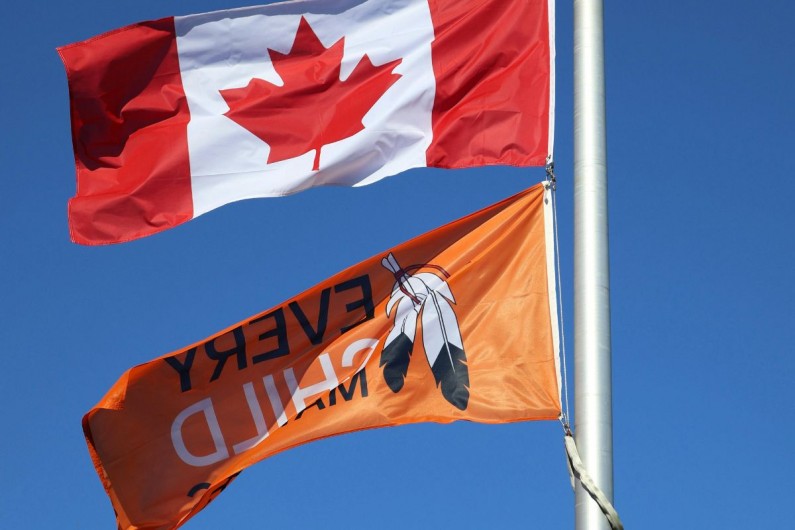Truth and Reconciliation in Medicine: A Legal Perspective

The National Day for Truth and Reconciliation is a time to reflect on Canada’s history of colonization and the ongoing impacts it has on Indigenous communities. Among the most pressing issues is healthcare, where systemic inequities continue to create barriers for Indigenous patients. Despite Canada’s universal healthcare system, Indigenous peoples are disproportionately affected by delated diagnoses, poorer outcomes, and discriminatory treatment. These challenges are not only a moral issue; they raise important questions accountability within our legal and medical systems.
The Truth and Reconciliation Commission’s 94 Calls to Action include several directed at improving Indigenous health. These recommendations stress the importance of equitable access to care, culturally safe medical practices, and the recognition of Indigenous health traditions. Yet, nearly a decade after the Commission’s final report, treatment is rooted in stereotypes and bias. For patients harmed as a result, the path to justice often run through legal claims that hold medical professionals and institutions accountable.
Encouragingly, some steps have been taken. In 2023, the Canadian Medical Association issued a public apology to Indigenous communities, acknowledging the harm caused by systemic prejudice in healthcare. The CMA also introduced its ReconciliACTION Plan, which aims to foster genuine change. Key elements include co-creating solutions with Indigenous communities, reviewing its Code of Ethics to strengthen anti-discrimination provisions, and increasing Indigenous representation within the medical profession. These initiatives are important, but they must translate into consistent, measurable improvements in patient care.
From a legal standpoint, reconciliation in medicine is not only about apologies and policy changes. It is about ensuring that discriminatory practices have consequences and that affected families have a voice. When Indigenous patients experience preventable harm due to medical negligence, it is crucial that these cases are investigated with sensitivity to the systemic issues at play. Evidence of bias, whether in triage notes, staff comments, or treatment decisions, can form an important part of a malpractice or wrongful death claim. In this way, the legal system becomes a tool for both accountability and change.
At our firm, we have seen that legal action can uncover systemic failings and push institutions to address them. While compensation cannot undo the loss of a loved one or the trauma of neglect, it does provide families with recognition, financial stability and the means to move forward. More broadly, these cases shine a spotlight on the need for structural reform, aligning with the broader goals of truth and reconciliation. By holding medical systems accountable, we contribute to the ongoing effort to make healthcare safer, fairer, and more inclusive for Indigenous patient.
Reconciliation is a shared responsibility, one that requires action from medical professionals, policymakers, and the legal community alike. As we honour the National Day for Truth and Reconciliation, we reaffirm our commitment to supporting Indigenous clients who have been harmed by systemic inequities in healthcare. Through advocacy, accountability, and respect, the law can play an important role in advancing reconciliation and helping to build a healthcare system that serves everyone equally.
If your family has been impacted by medical negligence or prejudice in healthcare, we encourage you to reach out. Our team is here to provide guidance, support, and strong advocacy to ensure your story is heard and your rights are protected.
